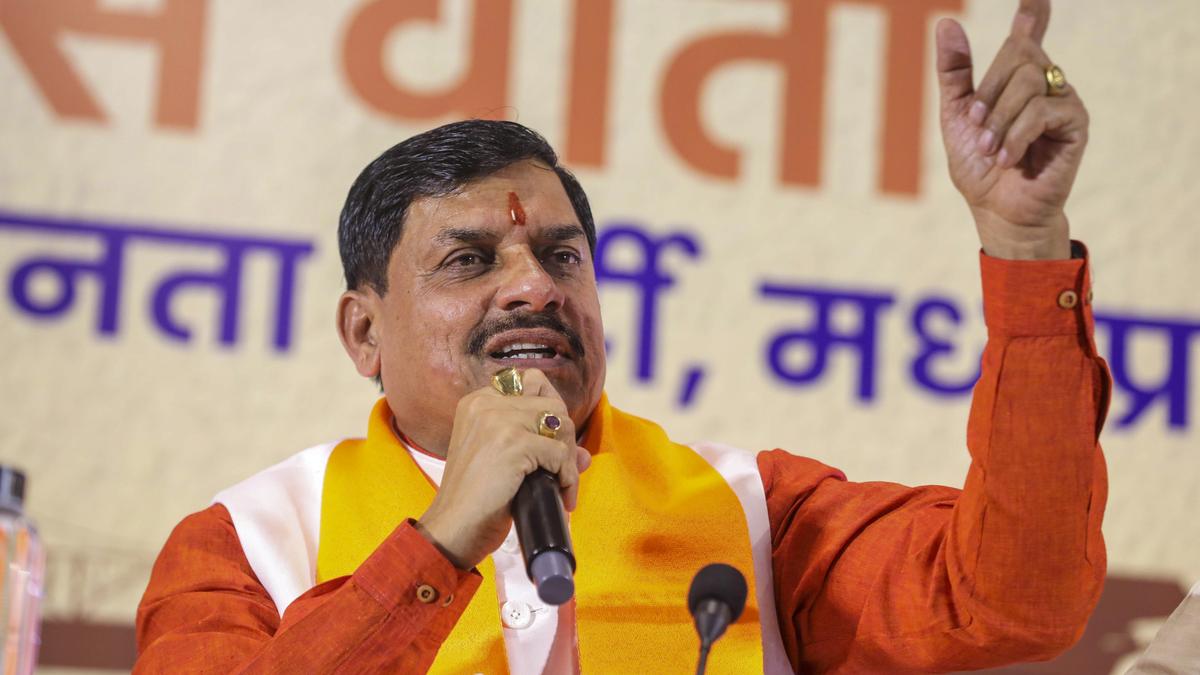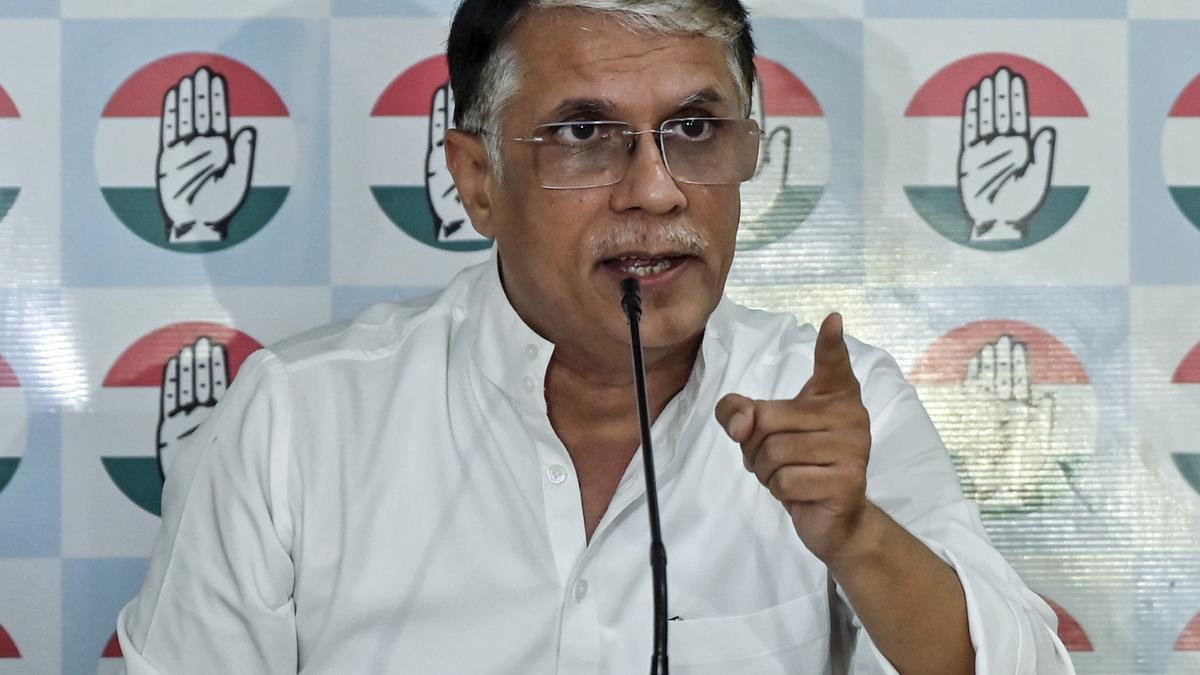Now Reading: All Parties Back 27% OBC Quota in Madhya Pradesh: CM Yadav
-
01
All Parties Back 27% OBC Quota in Madhya Pradesh: CM Yadav
All Parties Back 27% OBC Quota in Madhya Pradesh: CM Yadav

Fast Summary
- Madhya Pradesh Chief Minister Mohan Yadav stated that all political parties in the state have unanimously agreed on giving 27% reservation to Other Backward Classes (OBCs).
- The consensus was reached during an all-party meeting chaired by him at his official residence.
- The issue of 27% OBC reservation has previously sparked disputes between the ruling BJP and Opposition Congress, leading to legal proceedings pending before the Supreme Court.
- CM Yadav said efforts involving the legislature, executive, and judiciary will be made jointly to implement OBC reservations.
- All participating parties-BJP, Congress, Samajwadi Party (SP), Aam Aadmi Party (AAP), and Communist Party of India (Marxist)-agreed to strategize together before September 10 for presenting a strong case in court during hearings starting September 22.
- Approximately 49% of MP’s population belongs to the OBC category. Since 2003, all BJP-appointed Chief Ministers have been OBCs.
- Disputes arose earlier about Congress-led decisions increasing OBC quota from 14% to 27%, which CM yadav attributed as rushed moves without groundwork or data.
Image Captions:
- Madhya Pradesh Chief minister Mohan Yadav. | Photo Credit: PTI
- Supreme Court building related image associated with pending legal proceedings.
Indian Opinion Analysis
The unanimous resolution by Madhya Pradesh’s political parties reflects a notable step toward addressing historical debates surrounding affirmative action for Other Backward Classes in government jobs and education. With almost half of the state’s population identifying as OBCs, this policy could play a pivotal role both politically and socially. Tho,its implementation hinges on resolving ongoing legal complexities in court-a challenge arising from previous rushed decisions lacking adequate preparation.
The agreement among diverse ideological groups signals an unusual camaraderie towards prioritizing caste-based equity over partisan differences-a movement likely guided by sociopolitical pressures given demographic realities. If handled effectively post-Supreme Court judgments, this consensus could harmonize governance with inclusiveness while bypassing potential conflicts over quotas among broader sections of society.
For further details: Read More
























